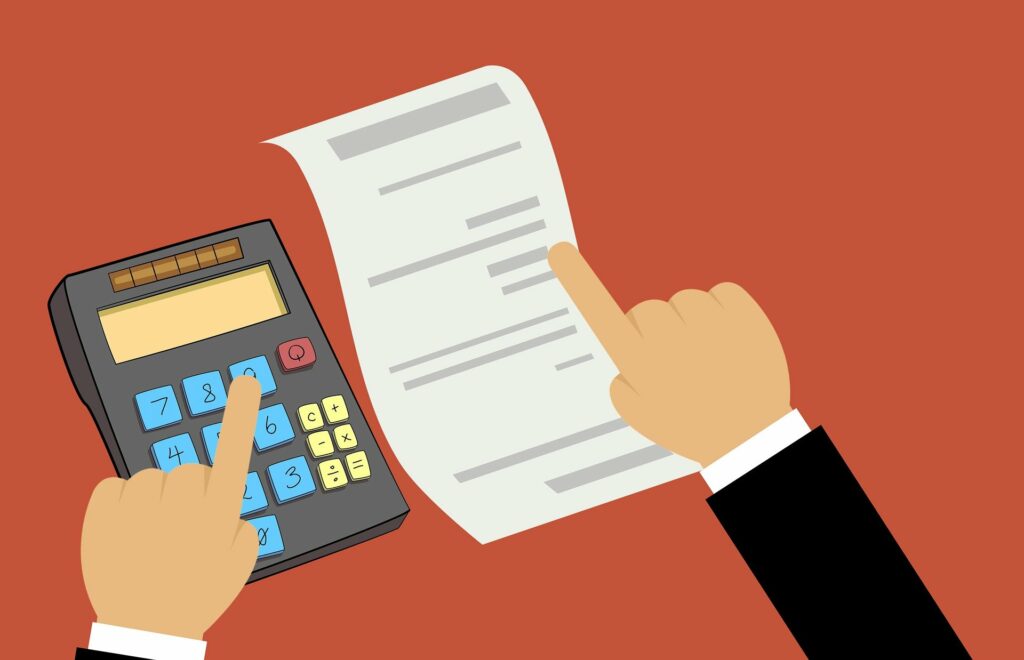Budget busters are quite different from your regular monthly expenses. These are extra, unexpected indulgences that get added on top of the essential things you need to get by. Whether you’re new to adopting a cost-conscious lifestyle or hoping to brush up on the latest budgeting strategies, here are some of the notable budget disruptors you should be mindful of and how you can deal with them.
App Purchases
App purchases are easy to make without thinking about how much they cost. And once you’ve spent money on apps, they’re even easier to justify because it’s just a couple of bucks. Of course, who can resist when an app feels like it’s just a dollar? You’ve probably downloaded apps that you thought were free, only to be greeted by the dreaded “Buy Now” or “Upgrade to Premium” button.
Sift through your mobile apps to ensure that your purchases aren’t subject to in-app purchases. If you are on a budget, be mindful of how many apps you upgrade in a month.
Buying Coffee Every Day
While it’s true that coffee can be a delicious, life-giving force, it can also have an insidious way of taking over your life if you’re not careful. For one thing, it’s expensive—at $5 per cup at a typical coffee chain, you might spend $30 or more per week on coffee alone. That’s a hefty amount to be forking over for the privilege of staying awake.
Instead of going down this slippery slope, take advantage of free coffee from your office. You can also invest $20 in an insulated travel mug that keeps your coffee hot for hours. Not only will this save you money by limiting how much you spend on coffee each day, but it can also have positive effects on your health.
Credit Card Interest Charges and Fees
It’s easy to fall prey to an exorbitant credit card bill when you don’t know how to avoid the extra fees. Interest charges are often the most common and least-understood culprit of high credit card bills. Besides, many people don’t know they’re paying thousands of dollars in hidden expenses because credit cards levy extra fees for late payments, returned checks, foreign transactions, and so on. Even if the economy is roaring like it was in 2017 and 2018, for instance, this is not something to write home about.
The easiest way to avoid these charges is to pay off your balances in full each month. If this isn’t possible, try to manage your balance to stay as close as possible to zero. And no matter your situation, be sure to track your credit card activity regularly so that you know exactly what’s going on with your accounts.
Movie Rentals and Streaming Subscriptions
As the cost of cable continues to rise and the availability of content on streaming services increases, more and more people are choosing to watch movies or shows with a digital subscription. The convenience of watching whatever you want from the comfort of your home is hard to beat. Based on this, this change in viewing habits can be costly.
Always return all movie rentals (Redbox) on time. If necessary, set a reminder on your phone to notify you when the due date is approaching. You can also switch to cheaper streaming services for entertainment.
Flash Sales
When you’re on a budget, taking advantage of a flash sale can be tempting. For example, a website offers a product you want at a meager price—such as $40 off an item that normally retails for $200. You might even justify it by saying, “It’s a one-time thing, and I need the product, so I’ll just buy it now.” But then you get home and realize that the budget you set for yourself was actually $100—and now you have to make up the difference.
The best way to combat this is to set your budget before shopping. Don’t let extraneous items squeeze your budget to the breaking point. Think of flash sales as something fun to browse—but always set your budget first. This is even more important in times of high gas prices and runaway inflation.
Eating Out Too Often
Eating out and ordering in can be a way of life for many people, but staying mindful about your spending is essential. Every time you eat out, you’re paying for the labor involved in preparing and serving your food and any costs associated with utilities & maintenance. So even if you’re not eating out every day, it can easily slink into your budget, whether grabbing lunch during your break or treating yourself to a night out with friends.
Reevaluate your habits. Instead of going out for lunch daily, pack a healthy sandwich or salad at home and bring it in a lunchbox. Order a less expensive item from the menu, such as soup or salad—instead of ordering an entrée or appetizer to save money on dinner.
Charitable Donations
The appeal of charitable donation buckets at stores and shopping centers is undeniable, but often you don’t know where that money is going or how much of it will actually get there. While donating a few dollars here and there might feel good, it can add up to a significant amount over a year.
Don’t feel pressured into giving money to charity just because the cashier in the mall wants you to. If you have already budgeted for charitable donations, then that could be enough. You should look at legitimate charities such as The Knights of Columbus or the American Legion, for example.

